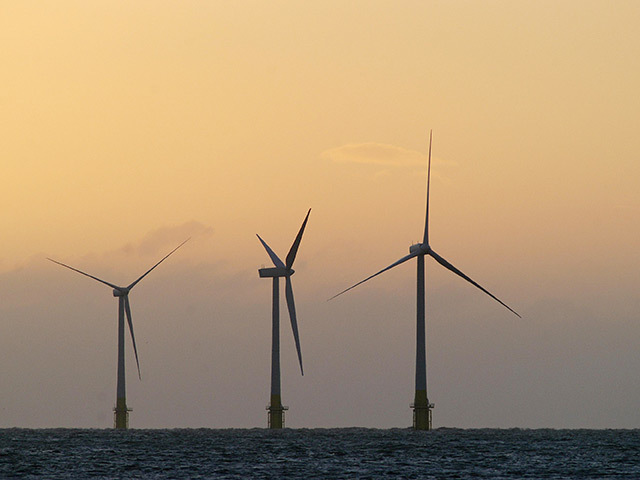
EON plans to more than double its power trading in Turkey this year, helping to offset falling profits from buying and selling in shrinking western European markets.
The trading arm of EON’s Turkish joint venture Enerjisa will probably boost activity by 150% to about 30% of the nation’s total, according to Benedikt Messner, Istanbul- based managing director at the Enerjisa unit.
EON is seeking to make money in Turkey to offset losses in Europe, where falling demand and power prices are hurting the company’s profits. The Dusseldorf-based company said last month that it expects its profit to decline by one-third this year as consumption in Europe may slide further.
“Turkey is especially interesting as energy demand is rising long term,” Messner said.
“Trade, volumes and transparency are growing.”
The Mediterranean country needs to build as much as 5,000MW of additional power capacity a year, from about 62,000MW in October, to meet annual growth of on average 6% over the next decade, according to Enerjisa. One thousand megawatts is enough to power 2,000 European homes.
Energy demand in the European Union is expected to fall 6 %by 2035, according to BP’s Energy Outlook.
Enerjisa operates 20 power plants with a total capacity of 2,437 megawatts and has 1,826 megawatts under construction, according to EON’s factbook. Enerjisa seeks 7,500MW, or 10% of total generation, by 2020, Chairman Selahattin Hakman said in December.
Turkey started liberalizing its energy market from 2001 and the power sector should be fully opened by the end of this decade, when most of the long-term power delivery contracts from state-owned generators expire, Messner said. Those contracts currently cover half of the country’s usage, he said.
Five of Enerjisa’s plants, or 54% of generation, are fueled by natural gas, which the company buys at tariffs set by Turkish incumbent Botas Boru Hatlari Ile Petrol Tasima.
Turkey gets about 59% of its gas from Russia’s Gazprom under long-term contracts linked to oil prices, according to Eurogas, a Brussels-based lobby group.
“If this market opens, then it would quicken the market development,” Messner said. “An insight into the pricing formula would allow buyers of Botas’ gas, including us, to hedge the oil price component.”
“Turkey has higher prices as gas-fired plants set prices in more than 7,000 hours per year,” Messner said. “In Germany, we have a different development now.”
Angela Merkel’s plans to boost Germany’s renewable energy supply to as much as 45% by 2025 from about 24% are cutting into profit at gas-fired plants in Germany. Output from gas-fired plants dropped 25% since 2010 while generation of green power rose 45 percent in the 2010-13 period, AGEB data show.
Recommended for you
